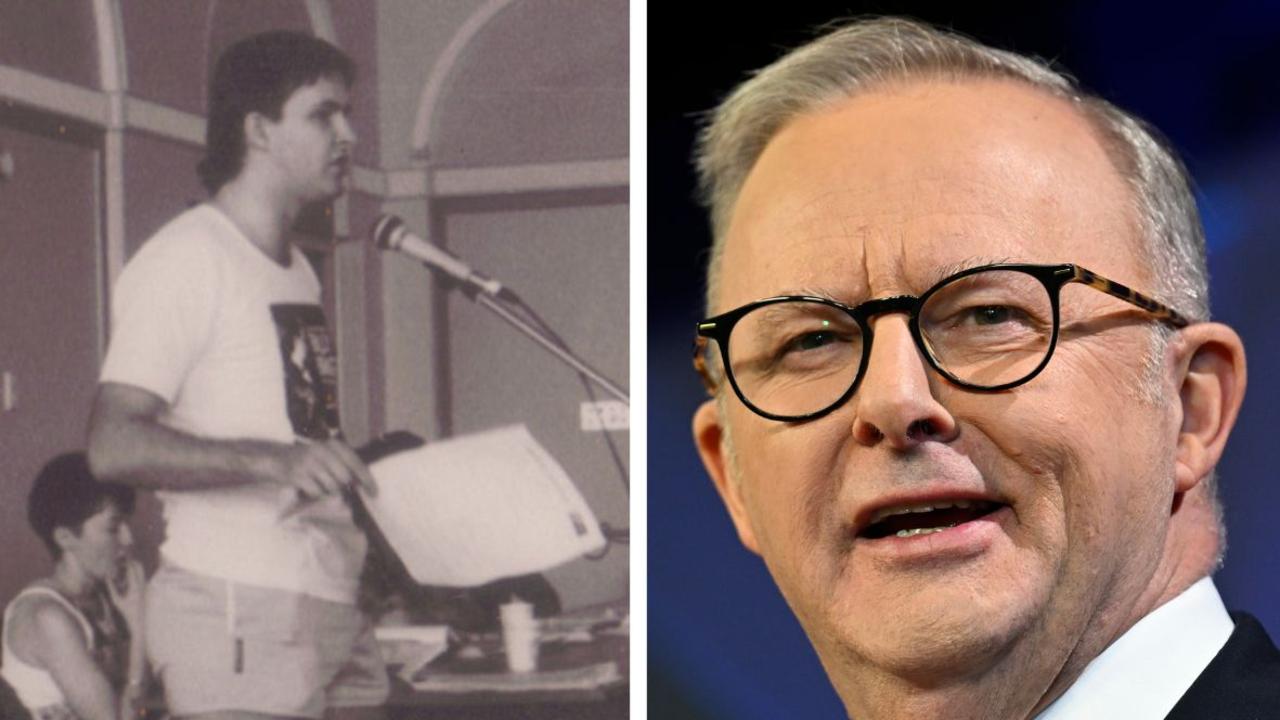China’s ‘big move’ on North Korea as the rogue nation refuses to talk as war games continue
DONALD Trump says China has made a ‘big move’ on North Korea, as it refuses to negotiate while nuclear war-games continue.
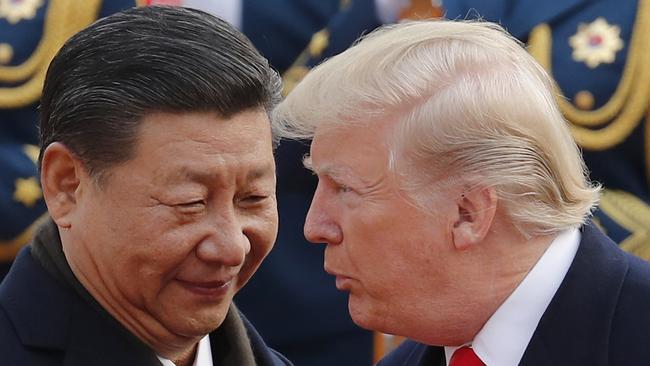
A TOP Chinese envoy landed in North Korea in a trip hailed as a “big move” by US President Donald Trump, who has urged Beijing to pile pressure on its nuclear-armed ally.
Diplomat Song Tao is visiting the North on behalf of President Xi Jinping to brief officials on the recent Chinese Communist Party congress and other “issues of mutual interest”, foreign ministry spokesman Geng Shuang said.
He is the first major Chinese envoy to visit Pyongyang in more than a year with ties severely strained between the two countries.
Analysts expect Song to address the nuclear standoff, which has roiled relations between the two Cold War-era allies as China has backed United Nations sanctions on North Korea over its missile tests and sixth nuclear blast.
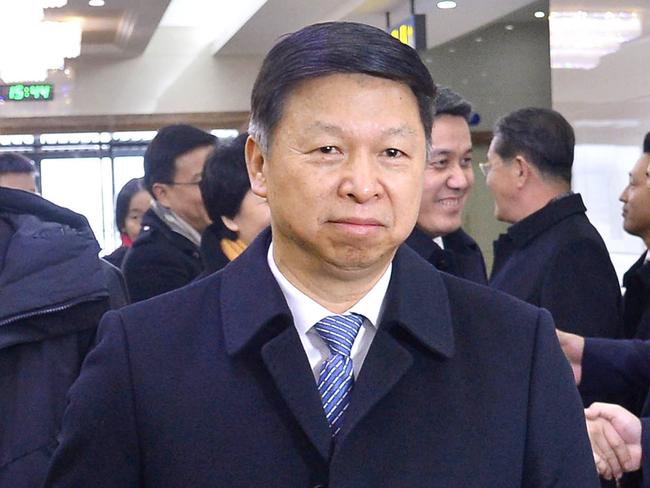
Trump, who warned Xi during his trip to Beijing last week that time was “quickly running out” to solve the nuclear crisis, took to Twitter on Thursday to hail the mission as “a big move, we’ll see what happens!”.
A brief report from North Korea’s state-run KCNA news agency Saturday morning confirmed Song had landed and met with Choe Ryong-Hae, a senior Pyongyang official and a close aide of leader Kim Jong-un.
The report said Song told his hosts China wanted to “develop the traditional friendly relations between the two parties and countries” but contained no further details of what was discussed.
Washington wants China, which accounts for 90 per cent of North Korea’s foreign trade, to put more economic pressure on the reclusive regime.
But experts doubt Song’s visit will yield major breakthroughs. “China has virtually no political influence on North Korea. Its influence is derived from economic leverage,” Bonnie Glaser, China expert at the Center for Strategic and International Studies in Washington, told AFP.
“Relations are extremely stressed. Perhaps the lowest point since the Korean War,” she said. “Perhaps (the mission) will put a floor under China-North Korea relations, preventing further deterioration.”
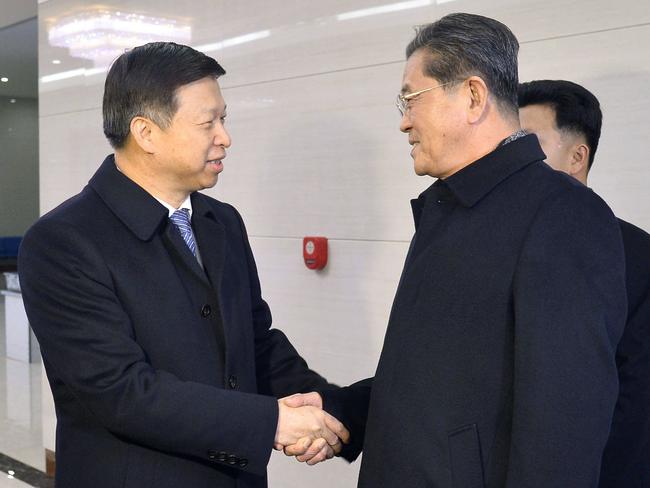
N KOREA’S NOT UP FOR TALKING
North Korea is ruling out negotiations with Washington as long as joint US-South Korea military exercises continue, saying Pyongyang’s atomic weapons program would remain as a deterrent against a US nuclear threat.
In an interview with Reuters, Han Tae Song, North Korea’s ambassador to the United Nations in Geneva, brushed off the new sanctions which the Trump administration says it’s preparing, as well as the possibility of North Korea being added to a US list of states sponsoring terrorism.
South Korea and the United States agreed on Friday to keep working for a peaceful end to the North Korean nuclear crisis, but a US envoy said it was difficult to gauge the reclusive North’s intentions.
“As long as there is continuous hostile policy against my country by the US and as long as there are continued war games at our doorstep, then there will not be negotiations,” North Korea’s Han said.
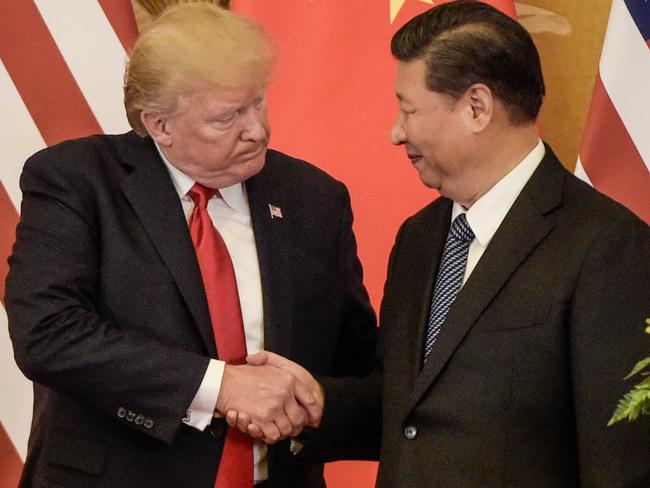
Han, who is ambassador to the UN’s Conference on Disarmament, was speaking at the Democratic People’s Republic of Korea (DPRK) mission in Geneva, where the DPRK and the United States secured a 1994 nuclear deal which later fell apart. He said he had no information on when North Korea might test a ballistic missile again, after the last one two months ago.
“Our country plans ultimate completion of the nuclear force,” he said. China said on Thursday that a “dual suspension” proposal to handle North Korea was still the best option, after US President Donald Trump said he and Chinese President Xi Jinping had rejected a “freeze for freeze” agreement. Han, asked about China’s latest appeal for a freeze, said “the situation is far from those things”.
Han said that US administrations had “never accepted” halting joint military exercises, adding: “So if they accept such things, then we will think what we do in the future.” North Korea could not consider abandoning its nuclear program, he said, adding: “This is the deterrent, the nuclear deterrent to cope with the nuclear threat from America.”
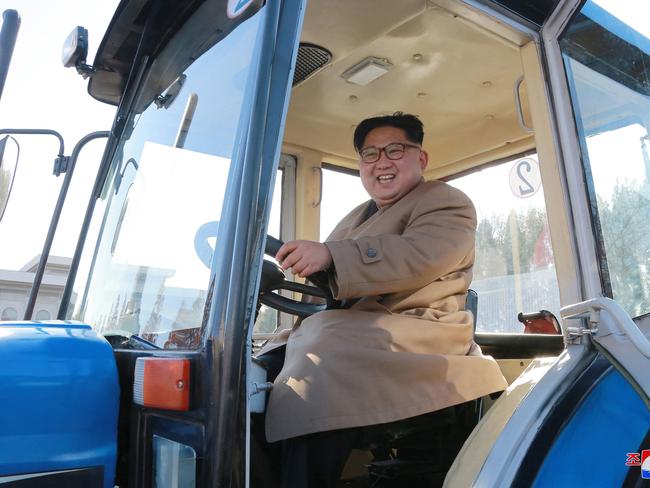
TIES AT LOWEST POINT
China has imposed its own banking restrictions on North Koreans in addition to enacting a series of UN measures that include bans on imports of coal, iron ore and seafood from the North.
But Beijing fears that squeezing Pyongyang too hard would cause its collapse. Song is the first Chinese envoy to make an official trip to North Korea since October 2016, when vice foreign minister Liu Zhenmin visited.
Geng gave scant details about the trip, saying he did not know who he would meet or what topics he would discuss.
China’s relations with North Korea are currently at “the lowest point they’ve been in history”, leaving the North diplomatically at its most isolated, said Lu Chao, director of the North Korea Research Centre at the Liaoning Academy of Social Sciences.
As a high-level diplomat, Song would likely meet directly with North Korea’s top leaders, he said.
“As far as North Korea is concerned, China’s opinion is still an important one and will certainly arouse their full attention,” Lu said.
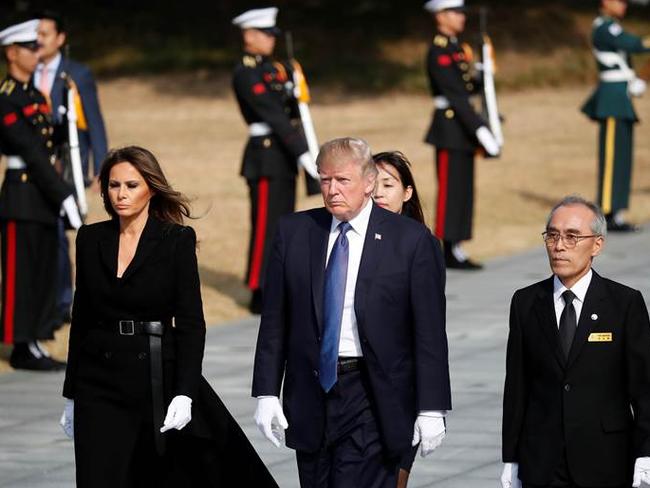
’FREEZE FOR FREEZE’
As nuclear tensions have soared, Xi has pushed for negotiations and a “dual track approach” in which the United States would freeze its military drills in the region while North Korea halts its weapons programs.
Trump claimed this week that Xi had agreed to drop his plan during their talks last week, but Beijing stood by its policy.
“We believe that at the moment, this is the most realistic, feasible, fair and reasonable plan,” Geng told a regular news briefing.
Yuan Jingdong, a specialist in Asia-Pacific security issues at the University of Sydney, expects little from Song’s mission.
“We can expect some face-saving, assuring but very general and abstract commitments with no substance changes in North Korea’s nuclear and missile programs,” Yuan said.
The visit is “more about warning North Korea against going to extremes than forcing it to give up the nukes” because China’s top priority remains maintaining regional stability, he said.
Song would likely “assure Kim that if he behaves within a reasonable bound he can expect Beijing to continue providing some assistance and resist broadening the sanctions.”



